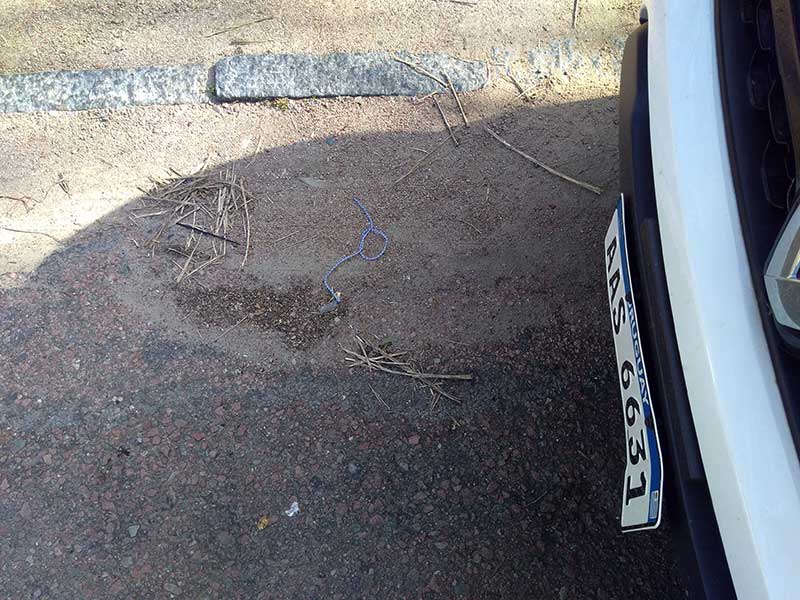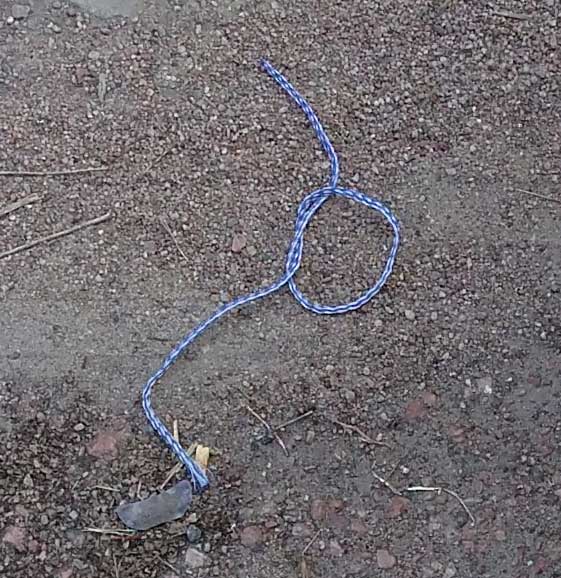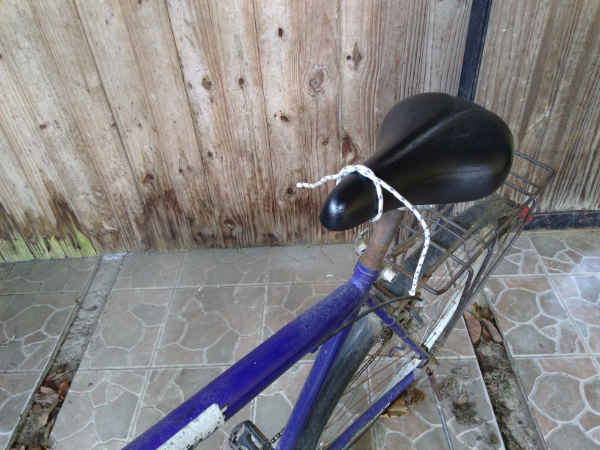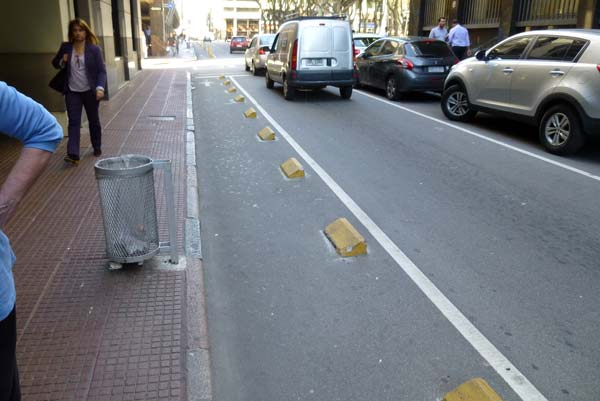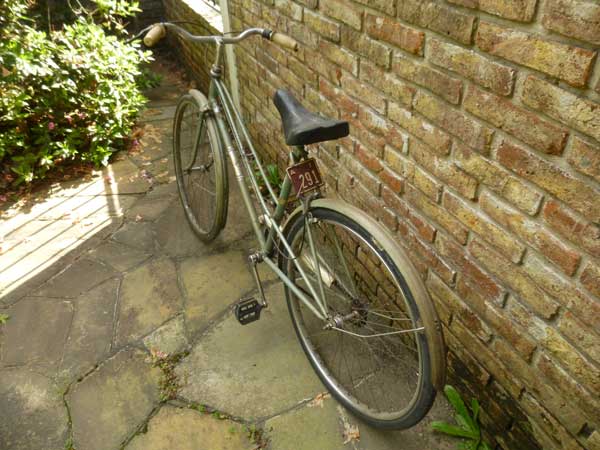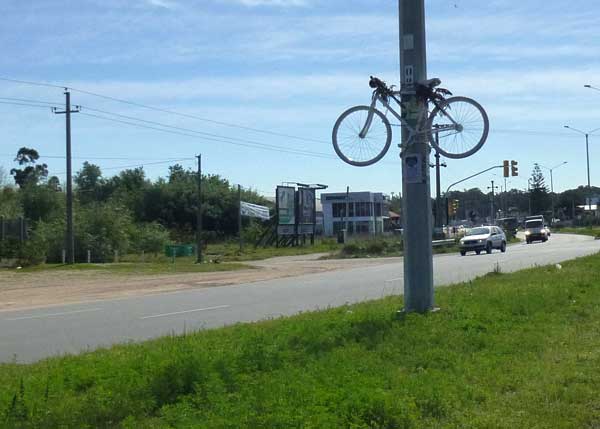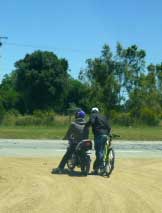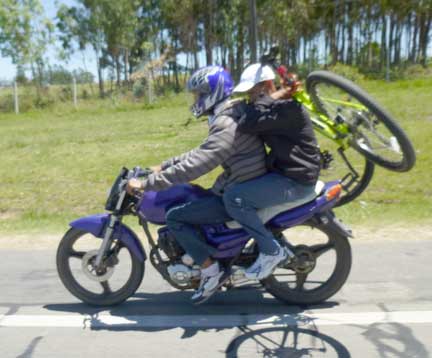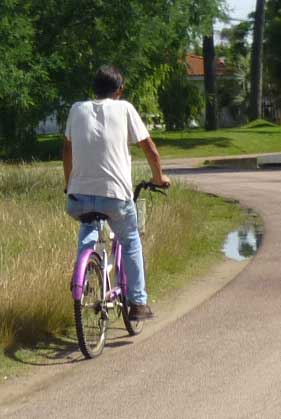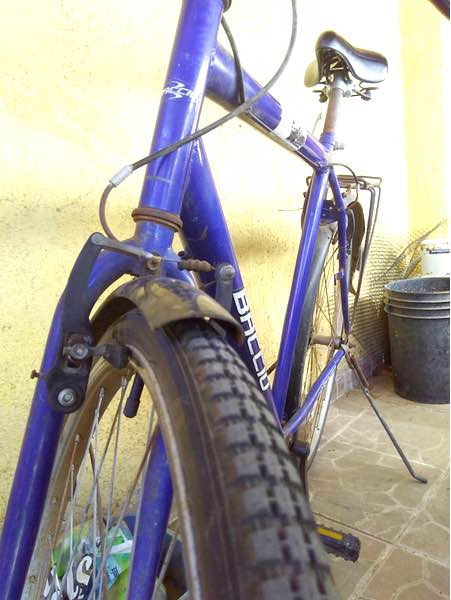
The brakes on my bike had gotten bad enough that stopping without putting shoes on pavement was no longer a sure thing. (You will, by the way, often see Uruguayans braking bikes and even motos using that method.) So I rode it in the wilting heat this morning to the little bike shop for them to do their magic. Bicycle repair really does seem like magic to me, especially after I try to do it.
I then walked to Tienda Inglesa, where a cashier last night has shortchanged me 20 pesos. I thought something was wrong, but the mathematical part of my brain seemed to be on vacation. When I got home, I confirmed it. 20 pesos is maybe $0.60, but there are lots of new hires for summer in Tienda Inglesa, and it bothered me that the cashier had not counted the money up – at least not the small stuff – the way I’m sure they’re required to do.
Was she lazy? Incompetent? Perhaps skimming a coin here and there? I can’t speak to the first two, but long story short, at the end of her shift she counted 20 pesos more in her till than she should have, and all was duly noted by Tienda Inglesa, and promptly given to me after the requisite recording and my signing in a spiral notebook.
I was impressed.
Back to the bike shop, a pad had been replaced, brakes now threatening to throw me over the handlebars. For a total of 50 pesos, or $1.50. Which made me wonder when was the last time in my native country one could have had something like this done for $1.50 – the 1960s?
